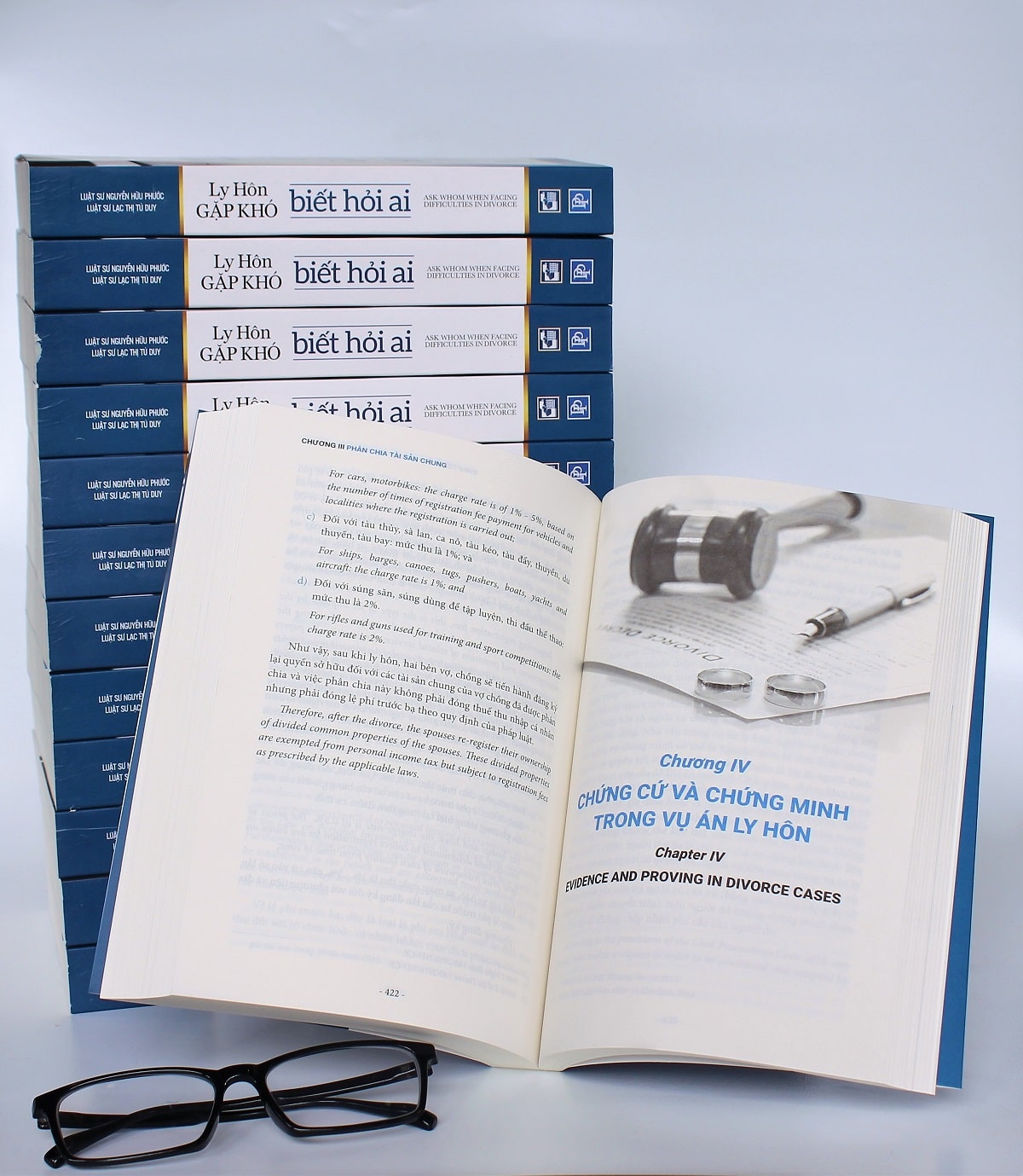The right to collect documents and evidence is one of the basic rights of the litigants. Without this right, they cannot prove that their claims in the case are lawful. Therefore, the Civil Proceedings Law requires any organisation or individual to provide the documents or evidence related to the case within their duties and powers when being requested by the spouses[2]. At the same time, if the litigants fail to collect documents and evidence by themselves, they have the right to request the Court to assist them in collecting the documents and evidence.
Therefore, in a divorce case, the plaintiff is always entitled to request the defendant to provide evidence relevant to the divorce case which he or she is holding and managing and he or she is obliged to provide such evidence. In this case, the plaintiff must make a written request for the provision of the documents and evidence which will be sent to the defendant. The request must clearly state the documents and evidence need providing, the reason for providing as well as the full name and address of the defendant. The defendant must provide the documents and evidence as requested by the plaintiff within 15 days following the receipt of the request[4]. If he or she refuses to provide the requested evidence, the defendant must reply in writing and clearly state the reason for his or her refusal, such as the evidence not being in his or her possession or such evidence being related to State secrets or trade secrets.
In practice, however, it will be difficult
for the defendant to comply with the plaintiff’s request as providing evidence
to the plaintiff in the case often adversely affects himself or herself. For example, the plaintiff knew that the
defendant owned another house and requested the defendant to provide a
certificate of land use rights and house ownership and will request the Court
to put the house in joint ownership properties to divide. It is not easy for
the defendant to provide it as this would harm himself or herself. In addition,
the law on handling administrative violations in cases where the defendant does not provide evidence for the
plaintiff is not very clear and
strict enough to force the defendant to follow.
Therefore, the law has allowed the plaintiff to request the Court to issue a
decision requesting the defendant to provide the requested documents and
evidence in the occurence where the
plaintiff has adopted all of the necessary
measures but still failed to gather the evidence.
The prerequisite is that the plaintiff “has taken
the necessary measures to gather documents and evidence but still failed to
collect it himself or herself”. For example, if the plaintiff has repeatedly sent requests (via
email or by post) requesting the defendant to provide evidence but has received no response, the plaintiff shall request the Court to collect the
requested documents and evidence while clearly
stating the reasons for not being able to collect. If the
Court finds that the plaintiff’s request is grounded, the Court will issue a
decision requesting the defendant to supply such documents and evidence. In
this case, the defendant will be required
to provide the requested documents
within 15 days from the date of receiving the Court’s request. If the defendant does not provide and has
no plausible reason, he or she may be subject to administrative penalty or
prosecution for criminal liability[6].
[2] Article 70.6 of the Civil Proceedings Code 2015.
[4] Article 106.1 of the Civil Proceedings Code 2015.
[6] Article 106.3 of the Civil Proceedings Code 2015.
If you would like more information on how we can assist you with divorce issues, please contact us at: +84 (28) 36223522 or email us at info@phuoc-partner.com

